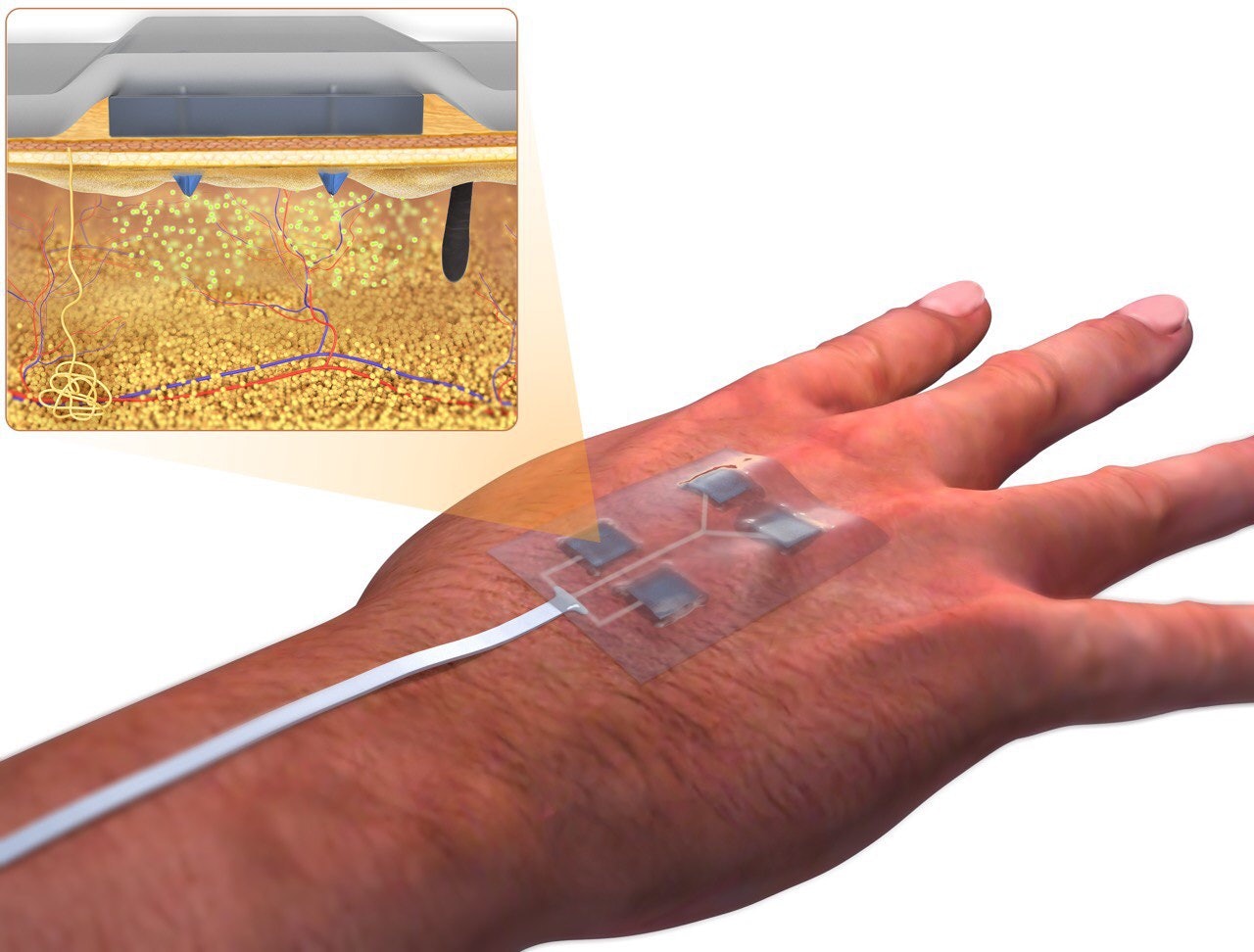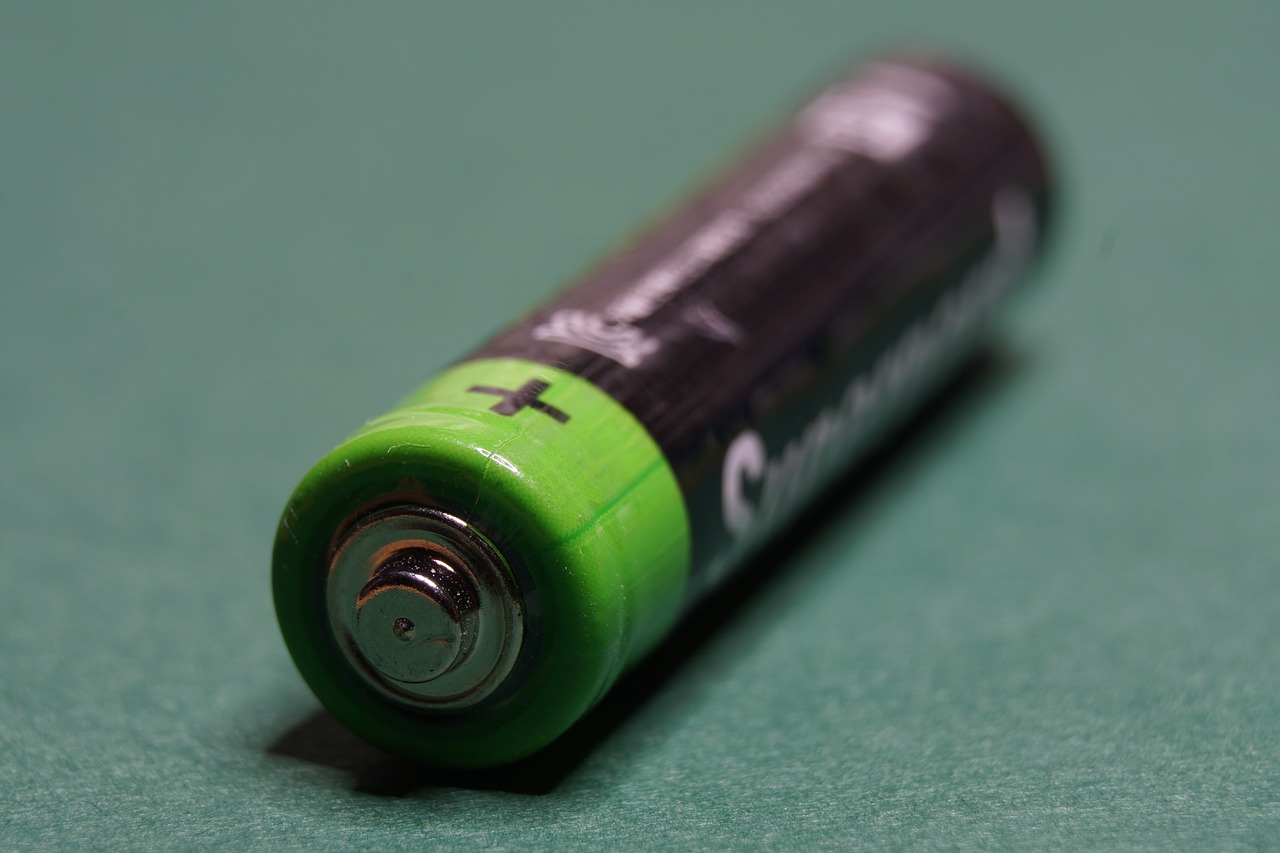In a revolutionary research, scientists have developed a “smart bandage” that can facilitate the healing of hard to treat wounds.
Chronic and non-healing wounds, in many cases lead to limb amputation. Diabetic patients are more likely to suffer from chronic wounds, as with diabetes, wounds tend to heal more slowly.
Thanks to researchers at the University of Connecticut, who have developed wirelessly-controlled bandage and a smartphone-sized platform that can precisely deliver different medications.
Smart bandage has miniature needles that deliver medication to the wound and can be easily controlled through smartphone. It allows delivering medicine with minimal invasiveness. These needles are also able to penetrate into deeper layers of the wound bed with negligible pain and inflammation. The doctor can wirelessly control the release of multiple drugs delivered through the miniature needles.
Ali Tamayol, an associate professor at the University of Connecticut, said, “This is an important step in engineering advanced bandages that can facilitate the healing of hard to treat wounds. The bandage does not need to be changed continuously,”
Researchers have already tried this bandage on diabetic mice with full thickness skin injury. The mice showed very positive results.
In coming future, this remarkable research can potentially replace existing wound care systems and will change the way diabetic wounds are treated.







